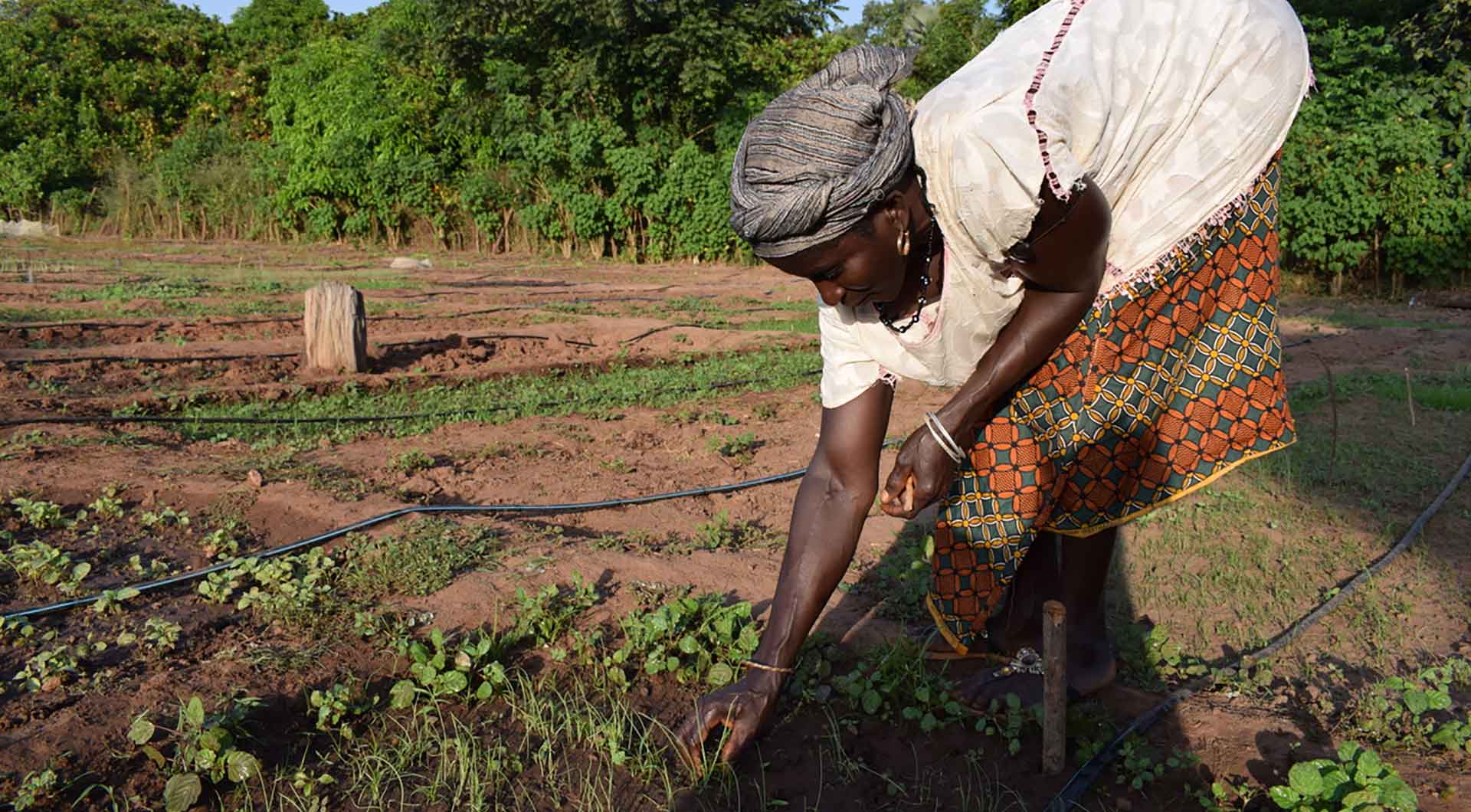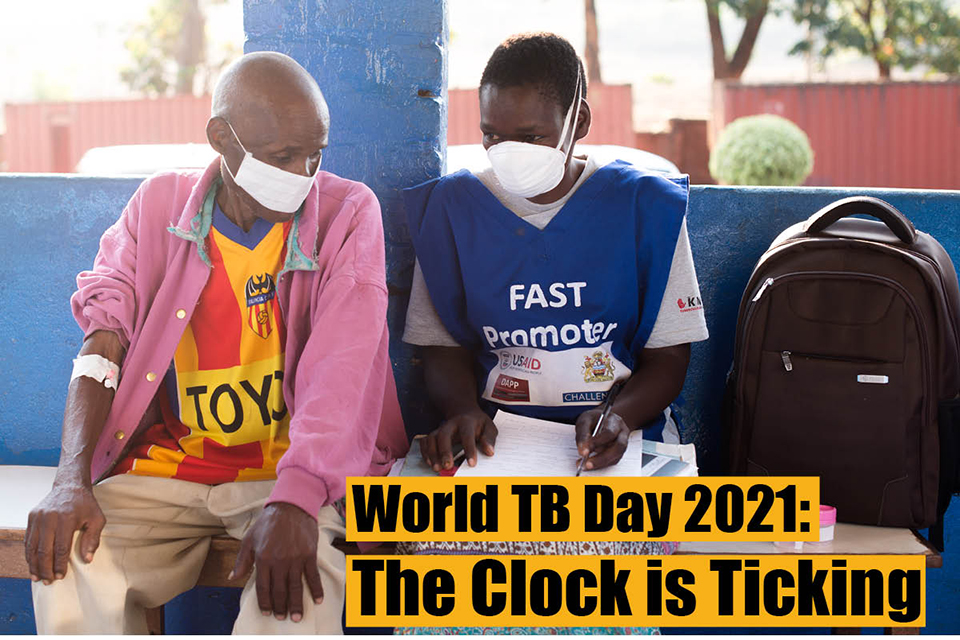

Tuberculosis (TB) today remains an epidemic causing the deaths of nearly one-and-a-half million people each year, mostly in developing countries. Each year, we commemorate World TB Day on March 24. We are excited to be part of contributing to fighting TB in India, Laos and Africa.
World TB Day 2021 theme: ‘The Clock is Ticking’ – conveys the sense that the world is running out of time to act on the commitments to end TB made by global leaders. This is especially critical in the context of the COVID-19 pandemic that has put End TB progress at risk, and to ensure equitable access to prevention and care in line with World Health Organisation (WHO)’s drive towards achieving Universal Health Coverage.
TB is a disease caused by bacteria that are spread from person to person through the air. TB usually affects the lungs, but it can also affect other parts of the body, such as the brain, the kidneys, or the spine. In most cases, TB is treatable and curable; however, persons with TB can die if they do not get proper treatment.
Sometimes Multi-Drug-Resistant TB (MDR TB) occurs when bacteria become resistant to the drugs used to treat TB. This means that the drug(s) can no longer kill the TB bacteria. MDR TB is very expensive, takes a long time to cure, disrupts lives, and has potentially life-threatening side effects. A substantial proportion of patients treated for these forms of drug-resistant TB experience serious side effects, including: depression or psychosis, hearing loss, hepatitis, and kidney impairment.
Each day, nearly 4,000 lose their lives to TB and close to 28,000 people fall ill with this preventable and curable disease. According to WHO, global efforts to combat TB have saved an estimated 63 million lives since the year 2000. WHO indicates that in 2019 alone an estimated 10 million people fell ill with TB, 1.4 million people succumbed to it and sadly 465,000 people fell ill with drug-resistant TB.
We are dedicated to helping to stop the spread of communicable diseases such as HIV and AIDS, tuberculosis, malaria and other preventable diseases. The fight to gain control of TB builds on the people in communities organised together and in close collaboration with the public health system.
Aligned with the global strategies to end TB, our TB response is designed to respond to the targets of SDG 3, WHO End TB Strategy, the Moscow Declaration and the political declaration of the UN High-Level Meeting on TB. Our TB approach is people centered as opposed to disease driven, thus helping people to live healthy lives. Our health projects build on the active participation of the people themselves in their communities.
We are providing the people in TB high prevalent communities with TB prevention messages, TB screening, TB sputum collection, referral of sputum for diagnoses and testing at health centers, referral for TB treatment and supporting those infected to adhere to treatment protocols. Our members in Angola, Mozambique, Malawi, Namibia, South Africa, Zimbabwe and India are reaching out to thousands of people with various projects targeting prevention, testing, diagnosis of TB and treatment support.
Between 2019 -2020, our members’ response to TB engaged over 450,000 people with TB prevention and awareness messages, tested in excess of 96,000 people for possibility of TB infection and out of whom referred close to 10,000 people for treatment.

